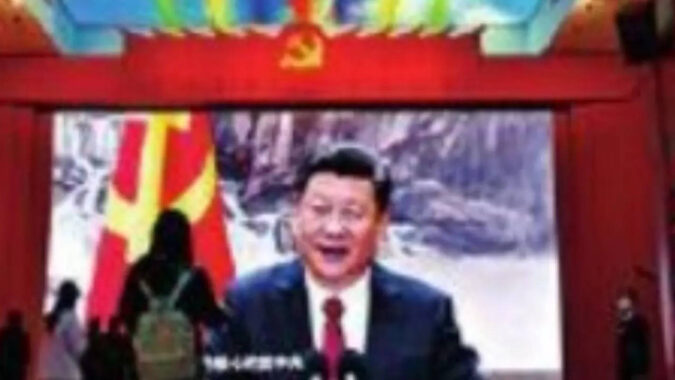Beijing unveiled a 31-point set of guidelines Wednesday to bolster the confidence of the private sector. After three years in which the government cracked down on private firms, killed innovation and exalted state-owned businesses, the document represents a near-concession by the Communist Party that its campaign failed spectacularly.
By now it’s obvious thatthe country’s economic problems are rooted in politics. Restoring confidence would require systemic changes that offer real protection of the entrepreneur class and private ownership. If the party adheres to the political agenda of the country’s paramount leader, Xi Jinping, who has dismantled many of the policies that unleashed China’s economy, its promises on paper will remain just words.
The Communist Party has always been wary of the wealth, influence and organizational skills of entrepreneurs. In the 1990s and 2000s, the party felt that it needed a vibrant economy to rebuild its legitimacy after the Cultural Revolution and the 1989 crackdown on the Tiananmen Square protesters. The private sector grew to contribute more than 50% of the country’s tax revenues, 60% of economic output and 80% of urban employment, according to none other than Xi in 2018.
But Xi is no fan of the capitalist class. His economic thinking can be best summed up in his slogan, “Bigger and stronger state-owned enterprises. ” Under Xi, private firms and entrepreneurs have been under constant attack from both the government and online commentators.
The situation deteriorated since the start of the pandemic. China’s leadership went after the country’s biggest private enterprises, vilified its most celebrated entrepreneurs, and decimatedentire industries with arbitrary regulation.
After ending its “zero-Covid” policies abruptly in December, the government seemed to have realized that it needed the private sector to help revive the economy, which suffered from both the pandemic and China’s deteriorating relations with the US and other key trading partners. The rebound has failed to meet expectations and business and consumer confidence has tanked.
“Why are many people saving money and cutting back on spending? Why are ambitious entrepreneurs reluctant to make long-term planning and investment?” Sun Liping, a sociology professor at Tsinghua University wrote in an article last month. “It’s because they feel uneasy. ” He said that for China to get out of its slump, the government needs to create a business environment that can provide reassurance.
